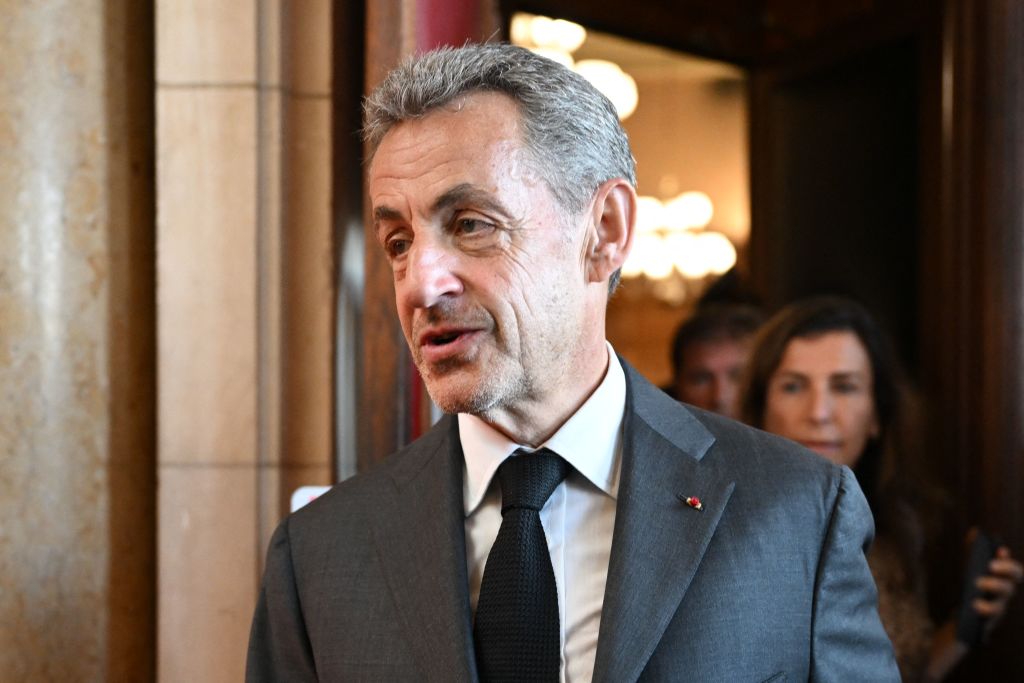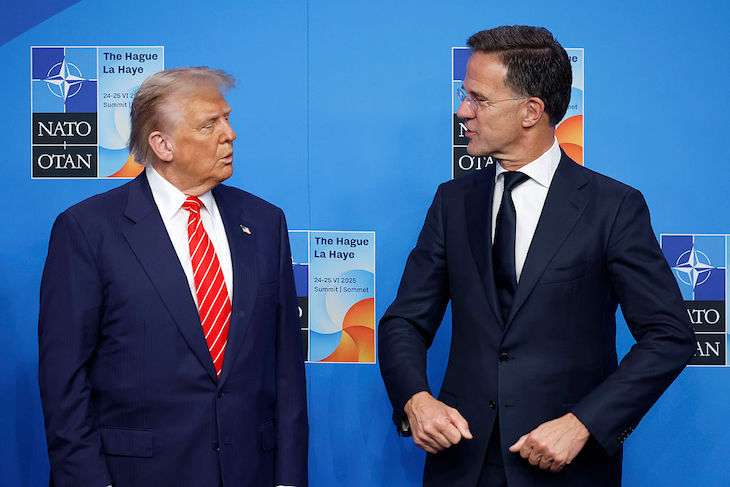Team Putin has this week gained a new and vaguely prominent supporter: Nicolas Sarkozy, the disgraced former president of France.
French politicians do not have a reputation for ethical probity but Sarkozy takes the gateau
Most sensible people here are on vacation and political news is thin so a pro-Moscow declaration of Sarko, in an interview with Le Figaro, has attracted more attention than it might otherwise have commanded.
In an interview published on Wednesday, Sarkozy argued that Europe needs to “clarify its strategy” and seek a compromise with Russia rather than pursue its “strange idea” of funding a war without waging it. He said there was no question of admitting Ukraine either to NATO or the EU and that it must cede territory to Russia for peace.
“Without compromise, nothing will be possible and we run the risk that the situation will degenerate at any moment. This powder keg could have frightful consequences,” he said.
Sarkozy half-heartedly condemned Vladimir Putin’s decision to invade Ukraine as “serious” and “a failure,” but insisted that nevertheless Russia was “Europe’s neighbor.” “We need them and they need us,” he declared.
But why does anyone take seriously a word uttered by this corrupt politician?
French politicians do not have a reputation for ethical probity but Sarkozy takes the gateau.
His successful presidential campaign in 2007 was allegedly funded by illegal contributions from Libyan dictator Muammar Gaddafi. After failing to be re-elected in 2012 against the uninspiring François Hollande, he quickly glommed onto a €3 million consultancy contract from a Russian insurance company.
After years of delays and protestations of his innocence, he was finally convicted in 2021 and sentenced to three years in prison for bribing a judge in return for information on an investigation into payments he had received from the billionaire heiress Liliane Bettencourt. Also in 2021, he was sentenced to one year of house arrest over illegal campaign funding. Numerous other investigations have petered out.
His corruption has been as petty as it has been grand. Le Canard enchainé, the approximate French equivalent of Private Eye, has claimed Sarkozy’s ex-wife Cécilia Attias was paid as a part-time parliamentary assistant in 2002 when there was no evidence she did any work to justify her €3,100 monthly salary.
His dodgy ethics pale compared to his lamentable political record. Notably, he promised to reform France’s sclerotic economy and failed. He dragged NATO into a conflict in Libya in which his former ally Gaddafi was brutally assassinated. That subsequently provoked a gigantic refugee crisis and destabilized much of North Africa. He left his political party in ruins. He was known as President Bling-Bling because of his extravagant taste in wristwatches.
His credentials as a geopolitical sage might therefore be reasonably doubted — yet many in France still accord him guru status, including the current president, Emmanuel Macron, who has regularly sought his political counsel.
Expect more from Sarkozy in the days to come with the publication of his new memoir, The Time of Storm, in which he will share further insights on Ukraine and much else. His attempted literary rehabilitation will doubtless generate more silly-season headlines, but it is unlikely to be convincing.
This article was originally published on The Spectator’s UK website.

























